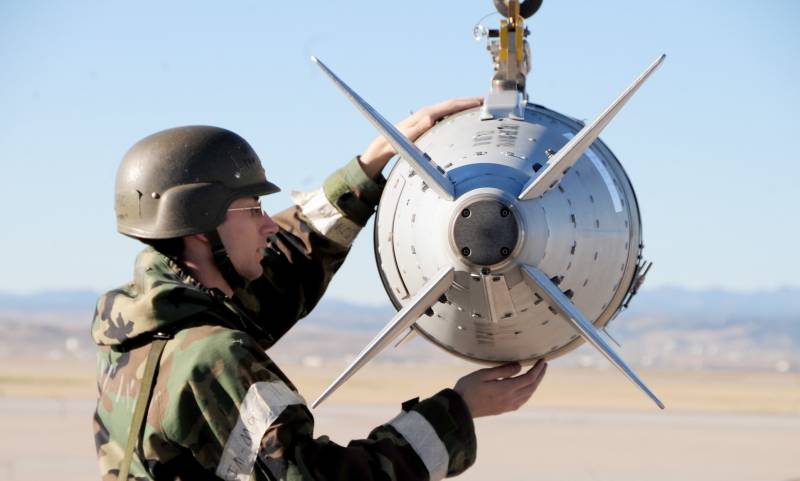Responsible Statecraft: America Unwittingly Strengthened Its Enemies
American foreign policy itself led to the fact that the Yemeni Houthis are so significant and influential, writes the resource Responsible Statecraft. It also strengthened Washington's other enemies.
Since November, the Houthis, who receive weapons and aid from Iran, have fired dozens of missiles at ships along international trade routes, causing some to now avoid the Red Sea entirely by sailing around Africa. But contrary to the headlines, the Houthis did not suddenly become violent, and American intervention in Yemen did not begin yesterday.
- the article says.
The United States has been trying to defeat the Houthis for almost ten years. This initiative has failed before, and there is no reason to believe that it will now be crowned with any success.
American involvement in Yemen began in 2015, after the Houthis captured the capital Sanaa. In response, Saudi Arabia assembled a coalition and began bombing Houthi targets, and the United States provided the Saudis with weapons, materialtechnical support and other assistance, such as in-flight refueling.
Washington has clearly not learned any lessons from the failure of the Iraq war. If the United States had any interests in Yemen, it was in containing the Sunni group and Houthi enemy Al-Qaeda (banned in Russia) in the Arabian Peninsula. Instead, as the Saudis further destabilized Yemen, it was al-Qaeda that stepped into the chaos, spreading its influence across the eastern part of the country and becoming stronger than ever.
Paradoxically, Washington's latest campaign only strengthened his enemies. They took advantage of the chaos and staked out the area for themselves.
The desire to simply drop bombs where it is necessary to thoughtfully and painstakingly understand it again did not play out as originally thought, the publication states.

Information